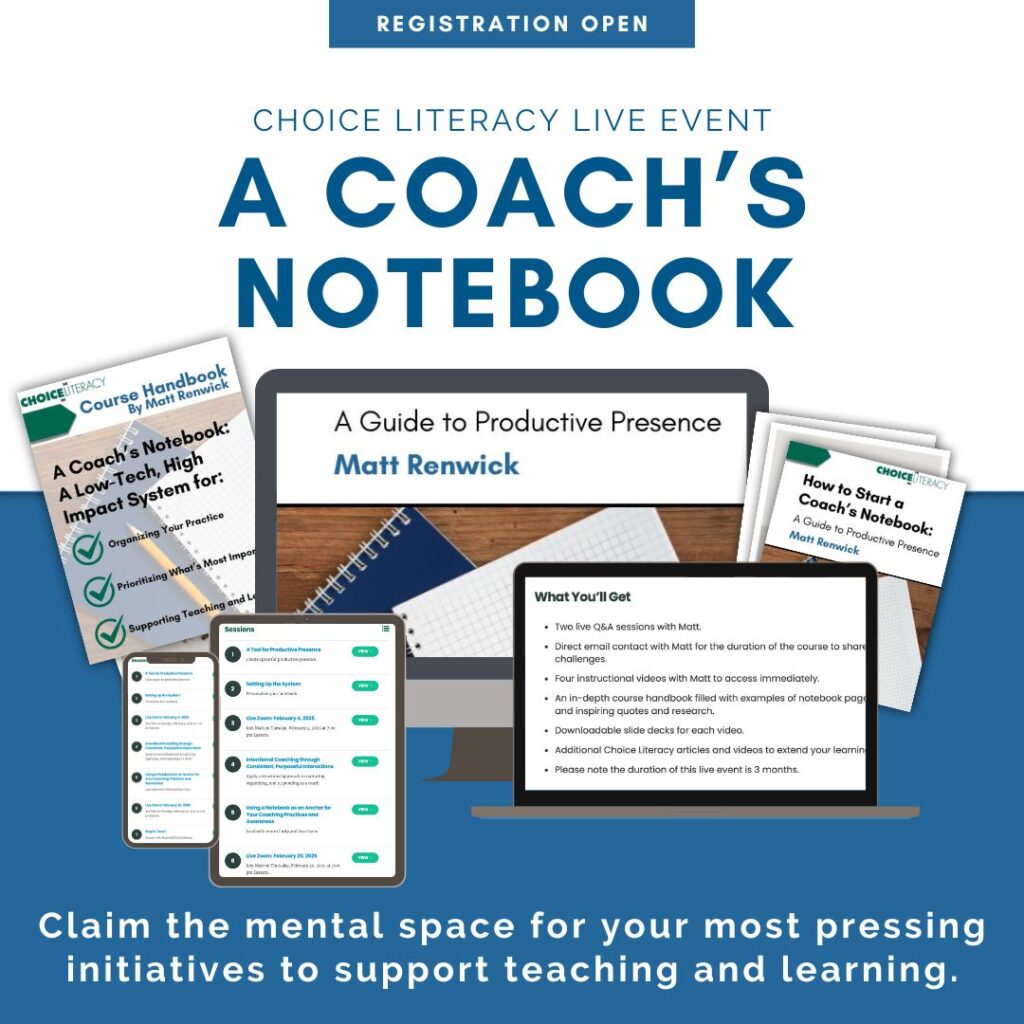Whether you’re keeping a journal or writing as a meditation, it’s the same thing. What’s important is you’re having a relationship with your mind.
—Natalie Goldberg
A Personal Story from Matt Renwick
Writing down my daily actions along with regular reflections helped me see potential areas of imbalance, especially with work too often supplanting my personal life.
This became clear on March 1, 2023. I woke up that morning without being able to speak properly or use my left hand. It was like the left side of my face had fallen asleep but without the tingling.
After quickly getting to a hospital, I learned that I had suffered a small stroke. While it didn’t affect me cognitively, the lack of coordination on the left side of my body required therapy along with time to rest and recover.
This time allowed me the space to reflect on my experience. During my hospital stay, the neurologist shared that I had suffered previous strokes. This led to me locating in my medical records a message to my doctor about “tingling” and “numbness” in late 2020. From there, I closely reread my daily logs from around that time. My notes reflected that my stress was very high. The community was having a heated debate about requiring students and staff to wear masks in school. My administrative colleagues and I were in the middle of these challenging interactions.
Did poorly managed stress cause these strokes? I wondered. I wanted to create a simple story from these few data points. Speaking with my primary care provider, I learned that while stress doesn’t necessarily cause a stroke, it can be a mediator for increasing the risk of suffering from one.
If I wasn’t a convert to bullet journaling and using a notebook before the stroke, I was fully committed to the method in 2023.
My story is relevant to coaches and school leaders in general. We are so close to the action of our daily lives that it is difficult to get a broader perspective of reality. We get caught up in the emotions that come with interactions with students, colleagues, families, and community members. Writing down our experiences, either in the moment or later, helps us see our thoughts and actions from a more objective, almost different point of view. They become less serious. Notes about a coaching conversation that didn’t go as we had hoped were next to quotes captured during a celebration of writers. Through regular reflection of notes and setting of intentions, my notebook helps me see the forest and the trees, to appreciate my work life as it is rather than what I want it to be.
To experience these outcomes, it’s important to have a system for using a coach’s notebook, which is the topic of a NEW live event with Matt Renwick: A Coach’s Notebook: A Low-Tech, High-Impact System for Organizing Your Practice, Prioritizing What’s Most Important, and Supporting Teaching and Learning.
Matt Renwick
Matt is a systems coach for a regional education agency, supporting school and district leaders in achieving more equitable outcomes for their students. Matt has served in public education for over 20 years. He started as an elementary teacher and then served as an elementary principal for 16 years.

An overload of information, initiatives, and issues fill our days, and it is easy to become disorganized and distracted. With a coach’s notebook, you can organize professional interactions and support your own well-being. Be productive and wholly present for the things that matter most in your school—teaching and learning. Click here for registration and more information.

There is so much information bombarding us about teaching readers that it is easy to feel overwhelmed and frazzled. Tammy Mulligan has a deep knowledge of the science of reading and the practical experience of growing readers in her own classroom. Tammy just released a new book that we all need. Check out a free sample of Tammy’s new book, The Power of Quick and Frequent Practice: Joyful Small Moves with Big Impacts on Elementary Literacy.

If you’re an instructional coach, we’d love for you to join our FREE coaching network called Coach-to-Coach. This simple and mighty group is led by Ruth Ayres and hosted by our sister site, The Lead Learners. The next meeting is Wednesday, January 22, at noon EST. Click here to register.
Jen Schwanke shares some strategies for sustaining student attention beyond just calling out a student’s name over and over and over again.

New members-only content is added each week to the Choice Literacy website. If you’re not yet a member, click here to explore membership options.
When Gretchen Schroeder found herself wanting to make her lessons fun and enjoyable, she realized she was focused on trying to entertain and dazzle rather than facilitate learning. She offers three ways to help students be active learners through conversations, reflection, and collaboration.
Cultivating agency is a matter of building small, intentional moves that ask students to be part of the learning process. Stella Villalba offers three ways educators can support the growth of multilingual learners in all learning spaces.
Dana Murphy shares a moment when she realized she needed to educate herself and dismantle some white-centered teaching practices.
Choice Numeracy: Mallory Messenger emphasizes the importance of providing time for students to share their learning and offers different formats for a share session. Mallory guides us in making decisions so that share time consolidates and uplifts the learning.

New members-only content is added each week to the Choice Literacy website. If you’re not yet a member, click here to explore membership options.
Heather Fisher helps her father create a pizza pie in his new outdoor pizza oven. Through trial and perseverance, they finally taste success. Heather connects this experience to the importance of encouragement and presence as instructional coaches.
Ruth Ayres and Becca Burk share ways to strengthen our teamwork and help lower the stress levels of adults in the school when students exhibit dysregulated behaviors.
Joshua James shares five leadership insights he gained when he paused to draw pictures with his kids.
Quote It:
Learning how to be still, to really be still and let life happen—that stillness becomes a radiance.
—Morgan Freeman
That’s all for this week!



